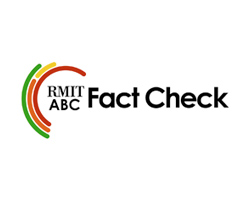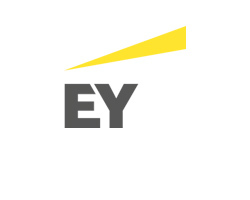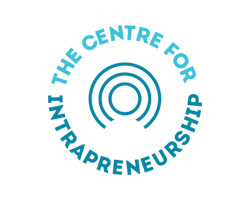(Music and Opening text on screen) Industry Leader Insights on the changing world of work
(Music and text on screen) How is the future world of work changing?
Speaker 1: Sara Caplan, CEO, PWC’s Skills Australia
The future of work is changing quite fast because businesses are being disrupted in so many different ways, whether it’s global competition, digital disruption, and what’s happening, is that jobs are changing, they, some jobs are disappearing, because of automation or AI or analytics use, but new jobs are emerging. The difference now is that change is happening faster than it did before. So people are needing to keep up-skilling and re-skilling to be able to stay relevant in the workplace.
(Music and text on screen) What’s driving changes in the future world of work?
Speaker 2: Jan Owen, CEO, The Foundation for Young Australians
Three things are driving change in the world. Number one is automation. Not so much whether automation is happening, ‘cause it is happening, but really the pace, how fast automation will happen. The second theme is really globalisation. We’re in an environment now where one in ten jobs can be done anywhere in the world and that’s a very different future, current and future workforce and workplace, And the last theme, I guess that’s a macro theme about the future of work, is what we call flexibility, so we are now in a context where part-time work, casual work, actually insecure and precarious work, are becoming more and more prominent.
(Music and text on screen) How is automation and technology impacting the future workforce?
Speaker 1: Sara Caplan, CEO, PWC’s Skills Australia
There will be some jobs that are disrupted that will disappear, but there’s a whole load of new jobs emerging in their place. Jobs that involve robotics, analytics, remote operations, a whole load of new skills. And people that were doing jobs that are going to be automated will be able to step in to those, using up-skilling and re-skilling and really picking up learning as they go along, using micro-credentials as part of their learning, to be able to get ready for that next job.
(Music and text on screen) What can you tell us about the changing landscape?
Speaker 2: Jan Owen, CEO, The Foundation for Young Australians
Number one is this idea of a new skill set. The future skills now, the future skillset that employers are asking for is what we probably have previously known or understood as what used to be soft skills or kind of nice-to-haves. These skills are being sought inside organisations for the first time but also they’re required if you’re going to setup your own path as a future entrepreneur. So there is a different way that we’re going to work and we need to be smart in a new way.
We expect people will spend 30 per cent more time in any given week learning on the job.
The second area is problem-solving. We expect that an employee will spend 100 per cent more time in any given week problem-solving, than they do today at work.
And the third area is this idea that we expect people will be more self-directed. A fifteen year old today will likely have 17 jobs across five different industries.
(Music and text on screen) What are industry and employers doing in response to these changes?
Speaker 1: Sara Caplan, CEO, PWC’s Skills Australia
All of the employers that I talk to across a massive range of industries are thinking about the skills they’re going to need in their workforce going forward. And all of them are talking about the need for a core of what’s called enterprise or 21st century skills. Those are the skills that they see as essential to have a flexible workforce.
(Music and text on screen) What role do educational institutions play in this changing landscape?
Speaker 1: Sara Caplan, CEO, PWC’s Skills Australia
I don’t see education as being a standalone, I think it’s much more about educators working with employers and industry to look at what are the needs of the workforce and really thinking about how as educational institutions they can work much more closely to align to the jobs and skills of the future. Because after all, I believe that education should be about enabling people to have a successful future and be fulfilled, and that’s what I think is going to be necessary going forward.
(Music and text on screen) RMIT University, rmit.edu.au/creds












